
The Pied Pipers of Wall Street
How Analysts Sell You Down the River
Read or listen offline
Amazon KindleRecommendation
The best proof of Benjamin Mark Cole’s premise - that brokerage houses have sold out common investors to curry favor with huge corporate interests - is the ease with which he accumulates examples of analysts hyping stocks that later went bust. Can the combination of self-interest, analyst hype, and subsequent stock price implosion somehow be coincidental? Or is it time to start calling a duck a duck (or, for that matter, a quack a quack)? Cole’s indictment of Wall Street’s most efficient salesmen comes just in time for investors looking for a culprit in the overnight evaporation of billions of dollars in retirement funds. Of course, analysts can’t be blamed for the stock-market downturn, but their behavior during the run up deserves the close scrutiny it receives here. getAbstract recommends this book to any investor who suspects that the true talent of the talking heads they see on CNBC might really be turning your money into theirs.
Summary
About the Author
Benjamin Mark Cole helped launch the daily financial paper Investor’s Daily (now Investor’s Business Daily). For 20 years, he has been a leading financial reporter, writing for U.S. News & World Report, The Los Angeles Herald Examiner, and the Los Angeles Business Journal. He currently writes the "Wall Street West" column in the Los Angeles Business Journal.










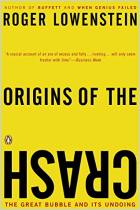
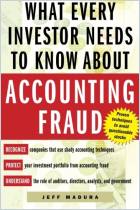
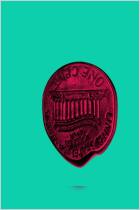
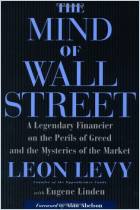
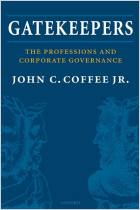
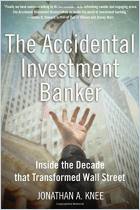




Comment on this summary or Начать обсуждение